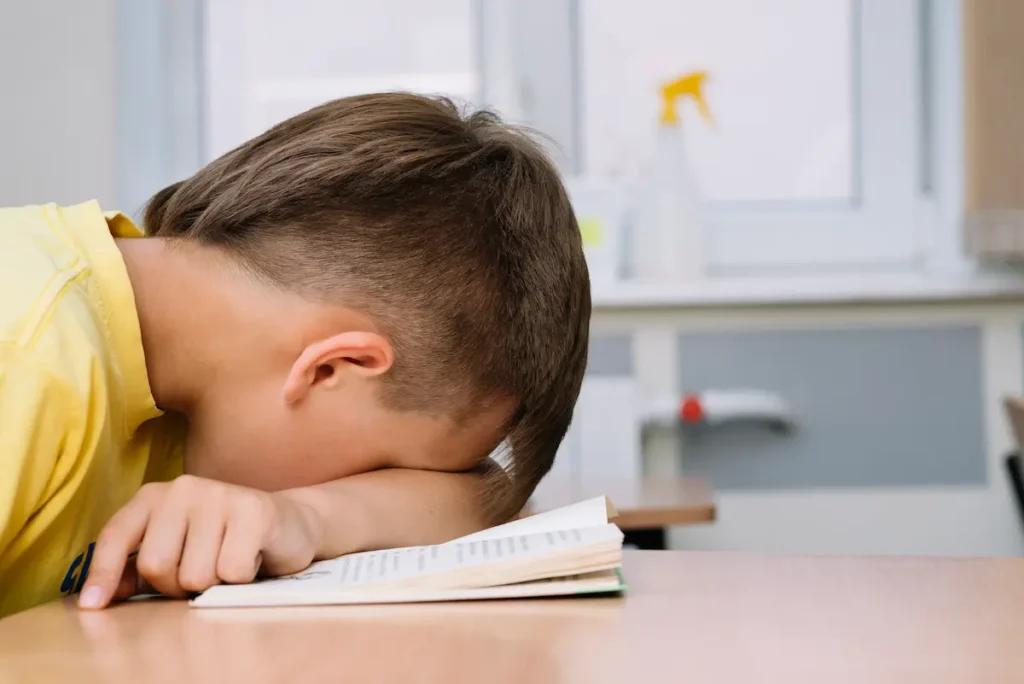Some adults don’t take children’s fatigue seriously. How can a child be tired if they don’t have any real responsibilities and their young, healthy body seems full of energy?
But psychologists are sounding the alarm. More and more children are becoming victims of overscheduling.
What is Overscheduling?
Many parents try to fill their child’s day with endless clubs and activities. They believe it’s far better for kids to do sports or model-building than to just play games or scroll on their phones.
There is some truth to this. But everything must be balanced, and playtime is also an essential part of childhood. Overscheduling means overwhelming a child with too many activities outside of school. And it’s not just inconvenient — it can be harmful.
Overloading children can affect their well-being, health, and academic performance. It may also lead to long-term mental and emotional struggles.
High levels of stress in children can cause:
- Lethargy
- Hyperactivity
- Aggression
- Apathy
- ADHD
- Depression
Well-known psychologist Gordon Neufeld emphasizes that children need at least two hours of free play every day to maintain good mental health.
Otherwise, life’s challenges may later trigger stress, avoidance, or shutdowns. Kids who grow up this way may become passive, anxious, and withdrawn.
Fatigue can be triggered not only by physical activity but also by emotional overload. Too much information and stimulation in one day can overwhelm a child’s nervous system. That’s why balancing work and rest is so important.

Signs of a Tired Child
Children don’t always recognize their own fatigue. Sometimes their behavior says it all. Younger kids may become whiny and irritable. Older kids might make excuses to avoid classes or activities.
Other signs include forgetfulness, sleepiness, fears, or a desire to isolate themselves. If you notice sudden mood swings or changes in behavior, try talking to your child — and, most importantly, reduce their workload.
If their grades are fine, allow them a day off at home. It’s also okay to take a short break from extracurriculars. Whatever you do, avoid pressuring them — it will only make things worse. Listen to what your child truly wants. wants for real?
Instead, encourage carefree rest. Ideally, spend a few days in nature together. This will help both your child and you recharge and relax.






